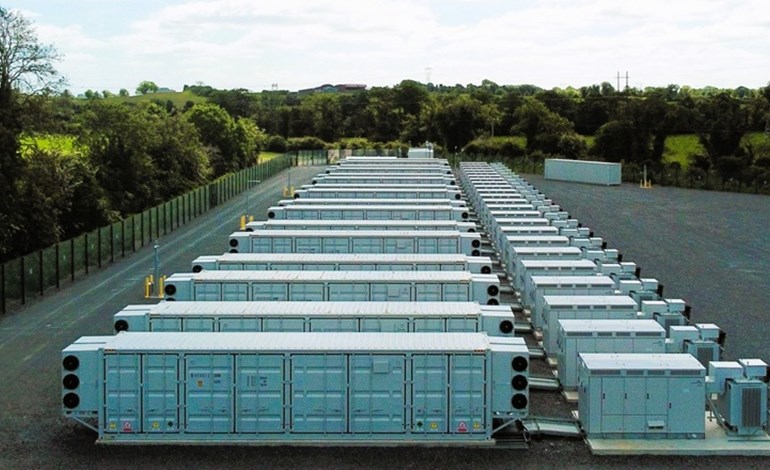Renewable energy company RES has submitted a Section 36 application to the Scottish Government’s Energy Consents Unit (ECU) for its 150MW Bishops Dal battery energy storage system (BESS) project, located in the Scottish Borders.
The proposed Bishops Dal project has been strategically chosen for its location adjacent to the Eccles substation, with the design aimed at minimizing land use and allowing continued agricultural activities on the remaining land. The initiative is part of RES’s effort to support the integration of renewable energy technologies into the grid.
Battery storage systems like Bishops Dal are crucial for grid balancing, especially in helping to manage the intermittent nature of renewable energy generation. These systems also offer important grid stability services, regulating the frequency of the electricity grid on a second-by-second basis and providing additional network capacity during times of high demand or stress.
John Hills, Development Project Manager for Bishops Dal, stated, “Whilst increasing the installed capacity of BESS is important to ensure a reliable, resilient, decarbonised electricity system for the future, we are mindful of local residents’ concerns about the number of developments in the area.”
He further emphasized that careful consideration had been given to potential cumulative impacts with other developments, ensuring any effects are mitigated where necessary. “Throughout every stage of our development plans, any potential cumulative impacts with other developments have been carefully considered and mitigated where appropriate,” Hills said.
The decommissioning and restoration of BESS sites are also a priority for the company, with RES highlighting its successful track record in recycling. “RES is proud to have met our goal of recycling 98% of all materials in the decommissioning of two BESS projects, having returned the land to its original use,” Hills added. He emphasized that these projects would serve as a model for future decommissioning efforts and showcased RES’s commitment to sustainable industry practices.
If approved, the Bishops Dal BESS project will contribute to the growing demand for energy storage solutions in the UK, supporting a decarbonized electricity grid and strengthening the reliability of renewable energy sources.

